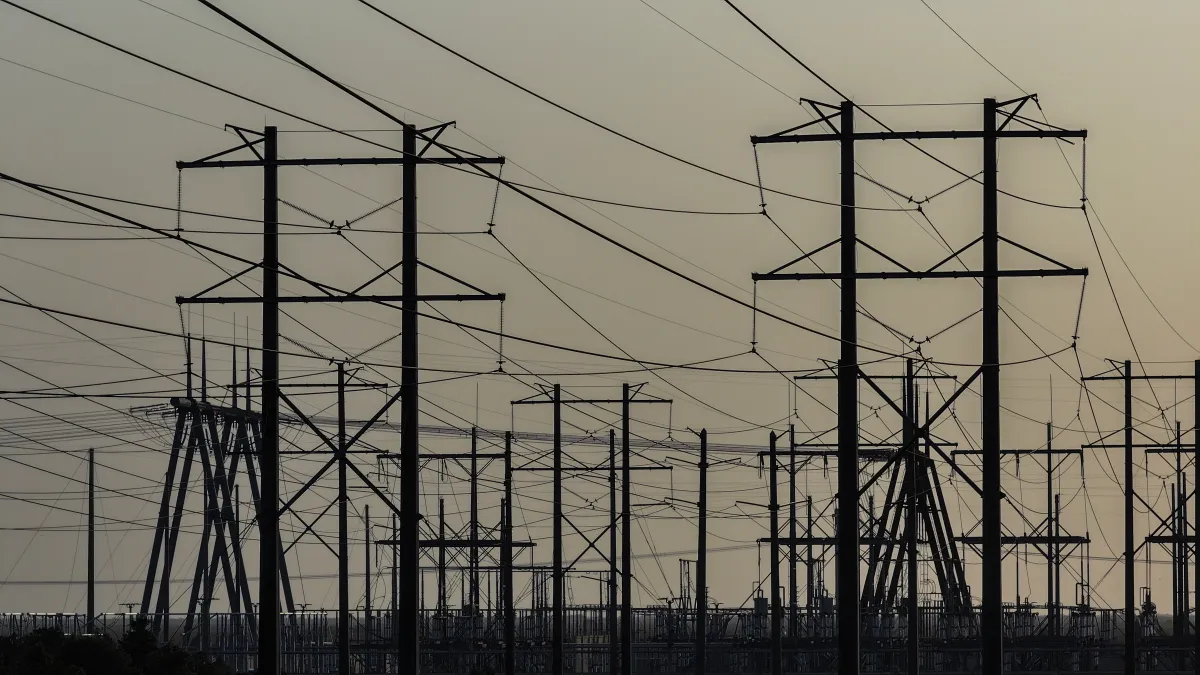
Florida Power & Light (FPL), the largest electric utility in the United States, said it has approval from the regulator to increase customers’ base rates over the next four years, which critics say could cost consumers billions of dollars amid the country’s affordability crisis.
Why It Matters
FPL serves about 12 million people, making it an influential force in the industry and potentially setting a precedent for other companies.
The increase comes after several years of high inflation, with the cost of living, notably groceries, remaining high for Americans and becoming a lightning rod for the administration of President Donald Trump, who campaigned last year on decreasing prices.
The average cost of electricity per kilowatt-hour in the U.S. rose to 18.8 cents in September, compared with 17.8 cents in September 2024 and 13.7 cents in September 2020, according to data from the Federal Reserve Bank of St. Louis.
What To Know
The settlement is expected to lead to base-rate increases of $945 million in 2026 and $705 million in 2027. FPL also would collect additional amounts in 2028 and 2029 for solar-energy and battery-storage projects, CBS reported.
According to FPL, starting January 1, 2026, the average residential electric bill for a customer using 1,000 kilowatt-hours will increase by $2.50 per month, a rise of about 2 percent, increasing bills from $134.14 to $136.64 in most areas of Florida.
The agreement, developed in collaboration with a broad coalition of customer groups, sets rates for 2026 through 2029, the utility said.
FPL President and Chief Executive Armando Pimentel said the approval from the state Public Service Commission “is a win for our customers and a win for the entire state.”
In seeking the increase, the utility had argued that higher rates were necessary to invest in “electric service infrastructure,” citing “far higher” than expected costs of components and labor.
But the settlement drew opposition from the state Office of Public Counsel, which by law represents utility customers, and several consumer groups, per CBS.
“I certainly think that this case will wind up in front of the Florida Supreme Court,” said attorney Bradley Marshall, who represents consumer groups Florida Rising, the League of United Latin American Citizens of Florida and the Environmental Confederation of Southwest Florida, CBS also reported.
This is a breaking news story. Updates to follow.
